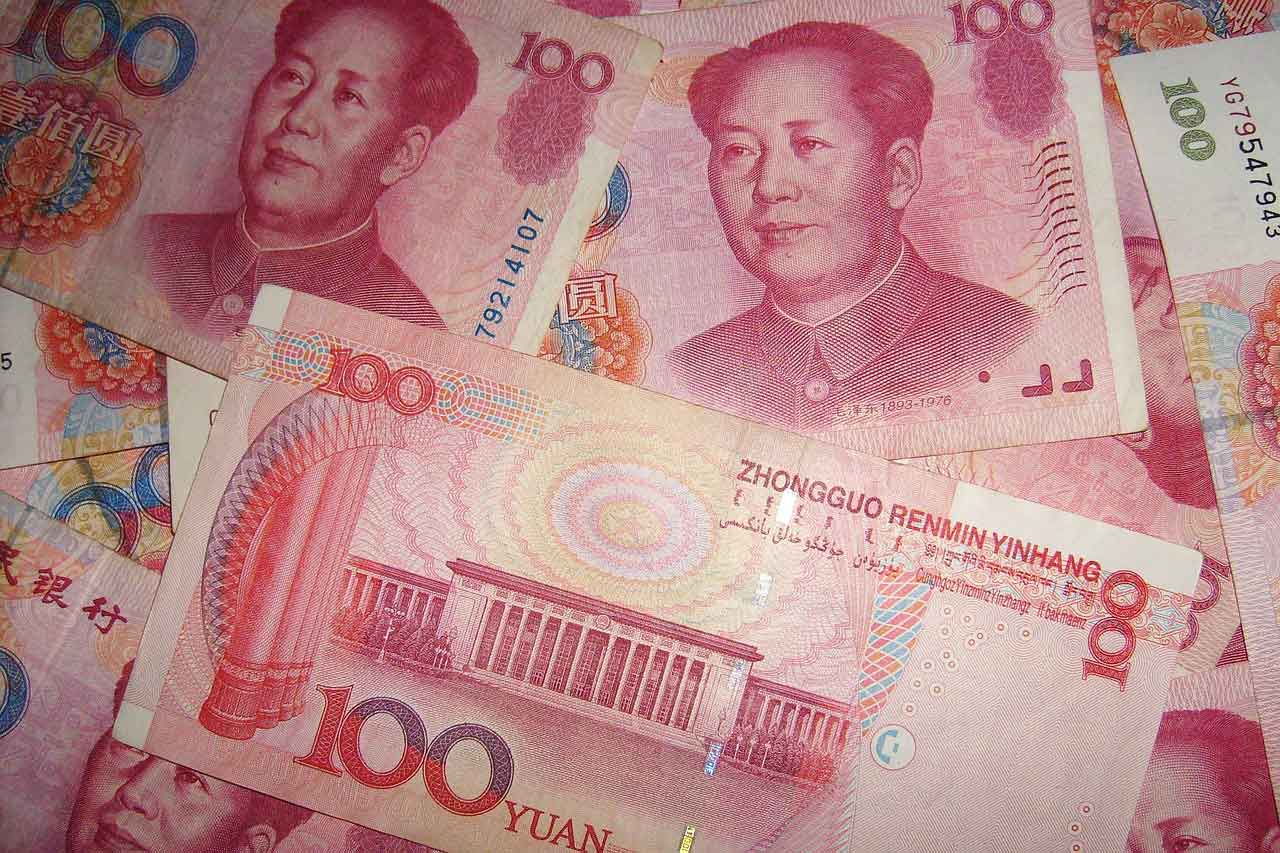PC Software
Common and Different Types of Digital Yuan Scams
Common and Different Types of Digital Yuan Scams
Digital yuan scams have become increasingly common, and it’s important for individuals to be aware of the risks and take steps to protect themselves. In this article, we’ll explore the different types of digital yuan scams, including phishing scams, Ponzi schemes, fake digital yuan wallets and exchanges, investment scams, and social engineering scams.

Digital currencies are prone to attacks and scams but if you use a secure digital yuan & China platform, you always have the upper hand.
Phishing Scams
Phishing scams are a type of digital yuan scam where fraudsters use deceptive tactics to trick victims into giving up their personal information or digital yuan assets. Phishing scams can take many forms, including emails, text messages, and fake websites.
The goal of a phishing scam is to convince the victim that they are interacting with a legitimate digital yuan wallet or exchange, and to provide their private key or login information. Once the fraudsters have this information, they can use it to access the victim’s digital yuan assets and steal them.
To protect yourself from phishing scams, it’s important to be cautious when receiving unsolicited messages or emails. Don’t click on links or download attachments from unknown sources. Always verify the authenticity of the digital yuan wallet or exchange you’re using, and be wary of any requests for personal information or private keys.
Also Read: Beijing Uses the Digital Yuan to Push the Limits
Ponzi Schemes
Ponzi schemes are a type of digital yuan scam where fraudsters promise high returns on investments but actually use funds from new investors to pay off earlier investors. This creates the illusion of a successful investment opportunity, but in reality, the scheme is unsustainable and eventually collapses, leaving many investors with significant losses.
In a Ponzi scheme involving digital yuan, fraudsters may use a fake digital yuan exchange or wallet to lure investors. They may claim to have insider knowledge or unique trading strategies that can guarantee high returns. However, these claims are usually false, and the investments are not backed by any legitimate assets or financial institutions.
To protect yourself from Ponzi schemes, it’s important to be skeptical of any investment opportunity that promises high returns with little risk. Always do your research and verify the authenticity of any digital yuan exchange or investment opportunity before investing your money.
Fake Digital Yuan Wallets and Exchanges
Fake digital yuan wallets and exchanges are a type of digital yuan scam where fraudsters create fake websites or mobile apps that mimic legitimate digital yuan wallets or exchanges. These fake platforms are designed to trick victims into transferring their digital yuan assets to the fraudsters, who can then steal the funds.
Fake digital yuan wallets and exchanges often have names and designs that are very similar to legitimate platforms, making it difficult for victims to distinguish between the two. Fraudsters may also use social media or search engine ads to promote their fake platforms, making them appear more legitimate.
To protect yourself from fake digital yuan wallets and exchanges, it’s important to verify the authenticity of any platform before using it to transfer your digital yuan assets. Check the website or mobile app carefully for any signs of suspicious activity, such as misspellings, poor grammar, or unprofessional design.
Always use a secure internet connection and avoid using public Wi-Fi when accessing digital yuan wallets or exchanges.
Investment Scams
Investment scams are a type of digital yuan scam where fraudsters convince victims to invest their digital yuan in fake investment opportunities. These scams can take many forms, including fake ICOs (Initial Coin Offerings), pyramid schemes, and fake investment funds.
In an investment scam involving digital yuan, fraudsters may claim to have insider knowledge or unique trading strategies that can guarantee high returns on investment. They may also use fake social media profiles or fake news articles to promote their investment opportunity, making it appear more legitimate.
To protect yourself from investment scams, it’s important to be skeptical of any investment opportunity that promises high returns with little risk. Always do your research and verify the authenticity of any digital yuan investment opportunity before investing your money.
Be wary of unsolicited messages or cold calls from supposed investment advisors, and don’t give out your personal information or private keys.
Also Read: Contrast Between Advance Yuan And Bitcoins
Conclusion
Digital yuan scams can have serious consequences for victims, including the loss of valuable assets and personal information. By being aware of the different types of scams and taking steps to protect yourself, you can minimize your risk and ensure the safety of your digital yuan assets.
Remember to always verify the authenticity of digital yuan wallets and exchanges, be skeptical of investment opportunities that promise high returns with little risk, and be cautious when receiving unsolicited messages or calls.


